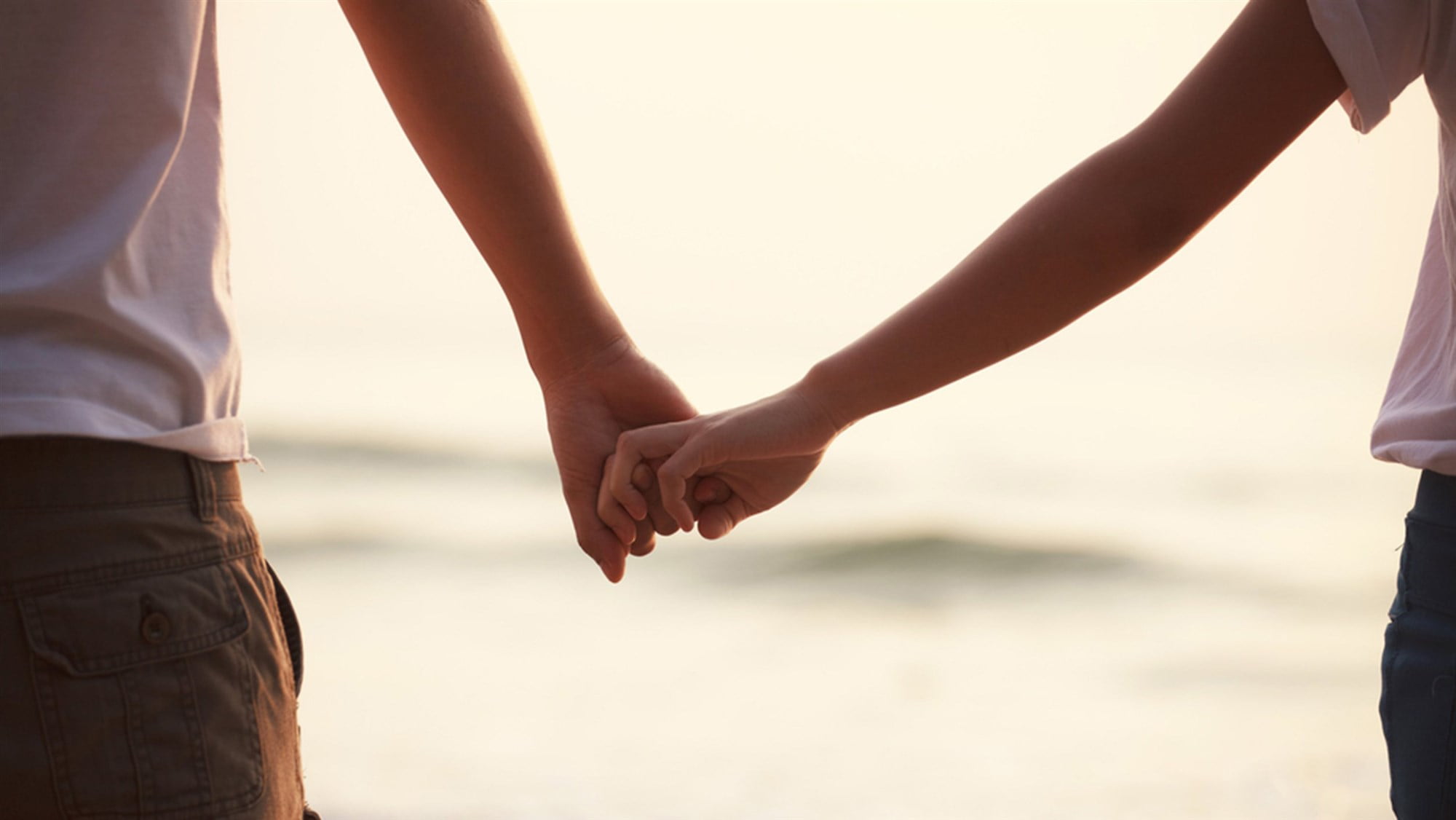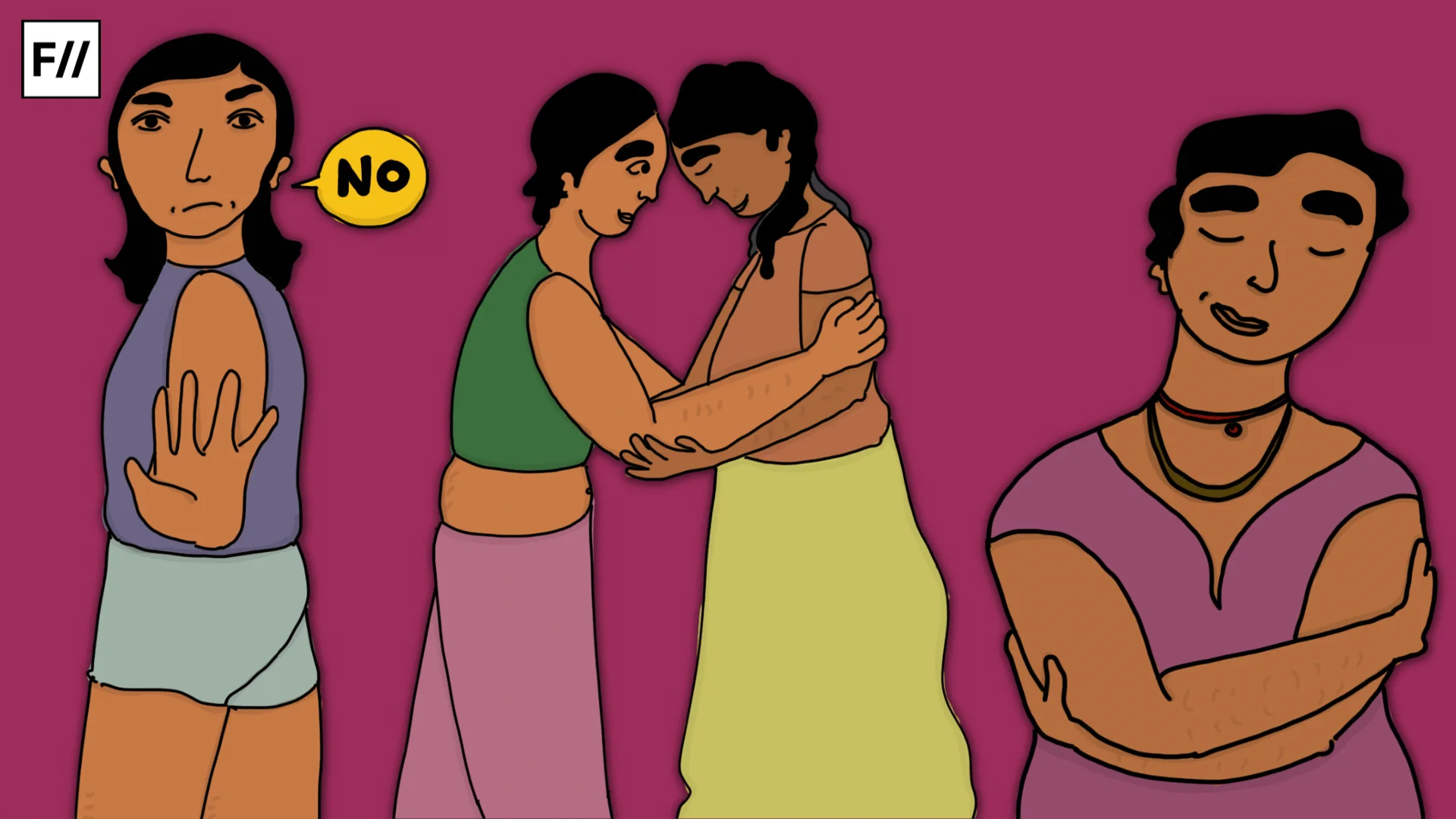“Young people do not wake up on their thirteenth birthday, somehow transformed into a sexual being overnight. Even young children are sexual in some form.”
– Heather Coleman, PhD & Grant Charles, PhD
I became sexually active when I was 8 years old. It’s quite an outrageous and blasphemous statement to make, even in progressive sex-positive circles. During my childhood, playing doctor-doctor, house-house games were very normal, which involved some form of sex play. I remember my friends and me kissing, touching and fingering each other. Even having oral sex with each other. The only thing we didn’t do was have penetrative sex. I had penetrative sex much later in life, when I was 14 years old.
According to the dictionary, one of the definitions of sexuality is ‘capacity for sexual feelings’. Child sexuality is a taboo. Nobody talks about children exploring their sexuality, and engaging in sex play. Yet it is an everyday reality around the world.
Nobody talks about children exploring their sexuality, and engaging in sex play. Yet it is an everyday reality around the world.
At 7-8 years of age, children of the Trobriand Islands, New Guinea begin to play erotic games with each other and imitate ‘adult’ sexual behaviour. Other studies have shown that these children even attempt to imitate adult sexual intercourse by the time they are 10 years old. Similar behaviour at the same or earlier age has been observed among the children of the Tunumitt of Angmagssalik, Tahagmyut of Canada and Dan in Southern Africa.
When western colonial explorers and researchers chanced upon the Marquesas Islands in French Polynesia, they found out the native people practised sexual customs, which were ‘deviant’ according to the western tradition which was greatly influenced by repressive Victorian ideals. When describing the sexual customs practised by the native people, one researcher called Ralph Linton, said “Sexual play was a regular practice among the children from the earliest period. The adult attitude toward it, if not one of active encouragement, was at least that of mild amusement. […] Regular intercourse began before puberty with patterns of group sexual play. […] Sexual techniques were learned through imitation of the adults. […] Homosexuality was present in the form of mutual masturbation, but I have no data as to its frequency. […] The gap between adults and children was such that it was impossible for an adult to win the child’s confidence. Relations between them were amiable but entirely associated’’
Also see: Decolonising Sex: India’s History Of Colonised Bodies And Sexual Repression
According to Ryan 2000, Early Childhood Experience survey, half of the number of children reported sexual activities with other children (mostly friends). They were consensual. In another survey done by Johnson & Mitra, in 2007, 75% of children under 12 reported engaging in sexual acts with others.
I want to make it very clear that this is in no way an invalidation of child sexual abuse victims. Child sex play and child sexual abuse are two different things. Many confuse child sex play with child sexual abuse and we need to differentiate between them. Sexual abuse and how we define sexual abuse is culturally-mediated, but that doesn’t mean there’s no such thing as sexual abuse. Child sexual abuse is about power, while child sex play is not. Child abuse victims often display complex PTSD symptoms, like fear, recurrent flashbacks, and many more. As adults and parents, it is important to ensure that children are involved in non-abusive sex play. One can ensure this by giving proper sex education to children (which focuses on consent and safety) and looking out for warning signs of sexual abuse. Some of the warning signs include-
- Engaging in sexual activity with adults or children of very different ages to their own
- Engaging in forceful or aggressive sexual behaviour, causing emotional or physical harm
- The crossing of sexual boundaries
I was involved in a lot of sex play during my childhood. At the age of 22, looking back at those experiences, I can confidently state that I am not a child sexual abuse victim. In fact, I was more sexually comfortable as a child than I am now. As I grew up, in post-colonial India (which is still suffering from a colonial ‘hangover’) a lot of shame got attached to sex. I was constantly bombarded with messages from everywhere that sex is a ‘dirty’ thing, and that I should be ashamed of my sexuality and sexual needs. Slut shaming was a big thing in my adolescence. It affected my psyche in a negative way. I’m still unlearning those toxic messages and trying to be comfortable with my sexuality again, especially as a woman.
Child sex play and child sexual abuse are two different things. Child sexual abuse is about power, while child sex play is not.
In Indian society like many post-colonial societies, children are considered as asexual beings, devoid of sexual feelings. Contrary to popular opinion (shaped by repressive colonial ideas of sexuality), in my view, children are sexual beings, with their own sexuality. I have my own personal experience to vouch for that.
Also see: Why Schools Need To Start Incorporating CSE In Their Curriculum | #WhyCSE
Even infants and toddlers have a curiosity about their own bodies and other people’s bodies, which is completely natural and healthy. It’s part of children’s development and the learning process. Many toddlers have been observed to touch their genitals and masturbate.
It’s hard for adults to acknowledge children as sexual beings, but I think it’s high time to acknowledge it and at least start having conversations about it.
Featured Image Source: NBC News





Brave article! The truth is that kids love sex, especially girls. Their entire body throbs in ecstacy no matter how old they are. People need to get over their old Puritanical ways.
It is in fact very difficult to separate the realms of pleasure, desire, fantasy from sex. Children indulge in fantasy play. Their boundaries are blurred, gender norms are not rigid, they are merely discovering aspects of the world they have not yet discovered. Overt parental or institutional censorship about bodies make us ultimately the sexual objects we become. Until then, even adults are ‘playing’… great article…